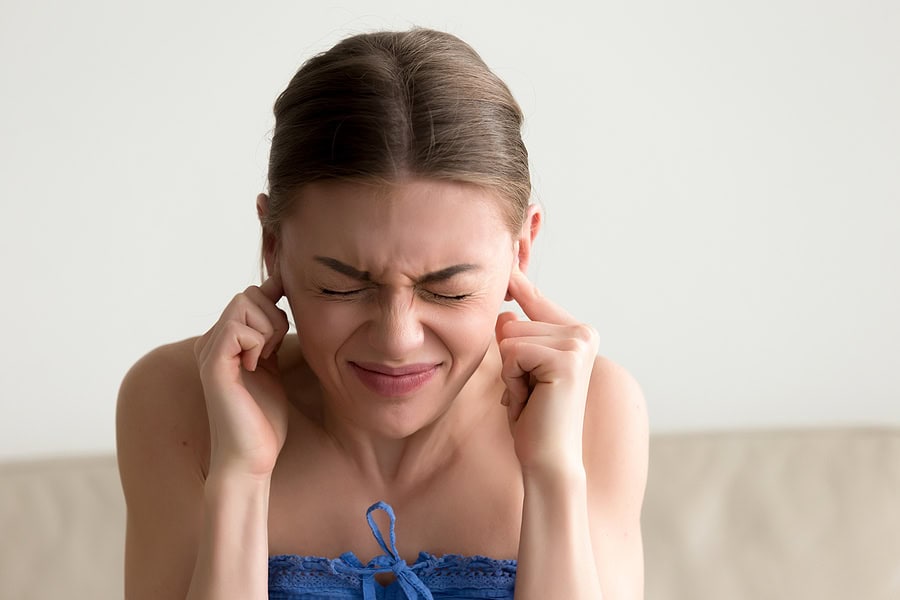Misophonia, which means “dislike of sound,” involves a heightened sensitivity to specific noises. While most people may find these sounds merely annoying, individuals with misophonia experience intense discomfort, anger, or even panic. Common triggers include chewing, tapping, or repetitive sounds. These reactions are not simply a matter of disliking certain noises; they can be heavily overwhelming and distressing.
Symptoms and Reactions
People with misophonia often experience a range of symptoms when exposed to trigger sounds. These can include:
- Anxiety or panic
- Irritability or anger
- Physical discomfort
- Desire to escape the situation
- Emotional distress
The symptoms can vary in intensity. For some, the reactions might be manageable, while for others, they can be debilitating. The emotional responses are involuntary and often disproportionate to the noise in question.
Common Triggers
Triggers for misophonia are unique to each individual but often involve everyday sounds. Some typical examples include:
- Eating noises (chewing, sipping, swallowing)
- Pen clicking
- Footsteps
- Rustling papers
- Breathing or sniffing
Interestingly, visual triggers can sometimes accompany these sounds. For instance, seeing someone chew might also provoke a reaction, even without the accompanying noise.
Impact on Daily Life
Misophonia can significantly affect one’s personal and social life. People with misophonia might avoid social gatherings, family meals, and public places to steer clear of trigger sounds. This avoidance can lead to feelings of isolation and loneliness. Additionally, the condition can strain relationships, as others may not understand the severity of the responses.
Work environments can also present challenges. Open-plan offices, group projects, or any setting with frequent noise can be difficult. This difficulty can impact an individual’s productivity, job satisfaction, and overall well-being.
Seeking Professional Help
Consulting a hearing health professional is critical if misophonia severely impacts daily life. Hearing health professionals specializing in sound sensitivity can offer valuable guidance. Specific therapies or interventions tailored to individual needs can help alleviate symptoms and improve one’s quality of life.
Conclusion
Misophonia is a challenging condition that affects many individuals. A better understanding of misophonia and its effects can lead to more compassion and support for those living with it. By exploring coping strategies and seeking professional help, individuals with misophonia can manage their symptoms and lead fulfilling lives.





